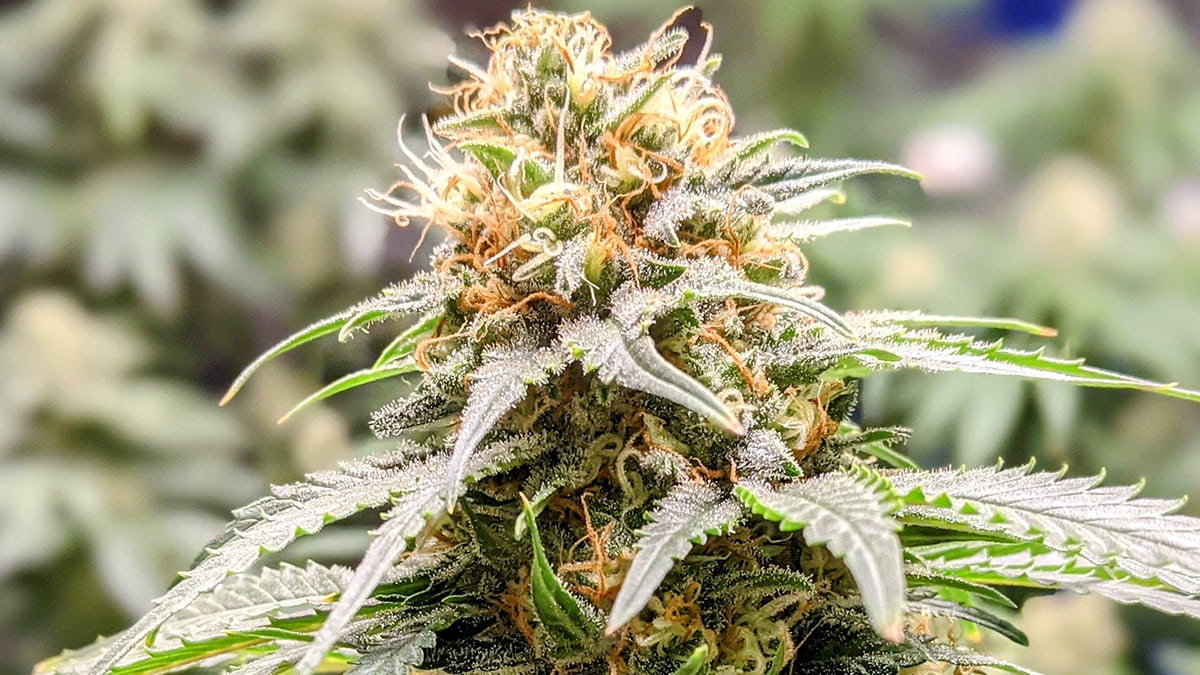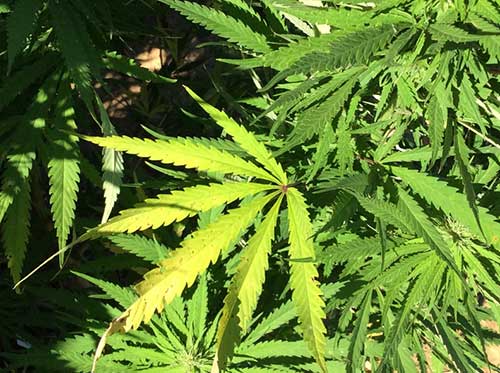By: mansarayamaduibrahim@gmail.com
It's a Thursday morning in Sierra Leone, and for many, the day begins with the soothing rhythms of reggae tunes and the familiar scent of marijuana, locally known as "JAMBA." While this scene may be a common aspect of daily life, the ongoing illegal status of marijuana presents significant challenges. Sierra Leone stands at a crossroads where economic revitalization and social reform are paramount. One significant step towards achieving both could be the legalization of marijuana. Legalizing this plant not only promises to combat the illegal Kush market but also offers substantial economic benefits. This article explores the advantages and disadvantages of legalizing marijuana in Sierra Leone, provides examples from other countries, and discusses measures to prevent abuse while maximizing benefits.
Advantages:
1. Economic Growth and Job Creation:
Legalizing marijuana could create numerous job opportunities and stimulate economic growth. The cannabis industry, including cultivation, processing, and retail, has the potential to generate substantial revenue. For instance, the U.S. marijuana industry was valued at over $20 billion in 2022 and has created hundreds of thousands of jobs. By establishing a regulated market, Sierra Leone can tap into a new revenue stream and create employment opportunities in agriculture, retail, and ancillary services.
2. Reduction in Crime and Drug-Related Violence:
Legalizing marijuana can help dismantle the illegal drug trade, reducing associated violence and criminal activities. In countries like Canada, where marijuana has been legalized, there has been a noticeable decrease in drug-related crime. By regulating the market, Sierra Leone can undermine the black market and reduce the power of illegal drug traffickers, leading to a safer society.
3. Health Benefits and Medical Uses:
Marijuana has documented medicinal properties that can be harnessed to improve public health. Research from institutions like the National Institutes of Health (NIH) has shown that cannabinoids can help manage chronic pain, epilepsy, and other conditions. Legalizing marijuana could facilitate research into its medical uses, improve access to treatment for patients, and potentially reduce healthcare costs related to untreated conditions.
Disadvantages:
1. Potential for Increased Substance Abuse:
One concern with legalization is the potential for increased substance abuse and dependency. Research from the National Institute on Drug Abuse (NIDA) indicates that marijuana use can lead to addiction in some individuals. Sierra Leone would need to implement robust education and prevention programs to mitigate this risk and ensure responsible use.
2. Regulatory and Implementation Challenges:
Establishing a legal marijuana industry involves complex regulatory and administrative challenges. This includes developing frameworks for cultivation, distribution, taxation, and law enforcement. Countries like the Netherlands have faced difficulties with their regulated marijuana markets, highlighting the need for well-crafted policies and effective enforcement mechanisms.
3. Social and Cultural Resistance:
In many societies, including Sierra Leone, marijuana use carries social stigma and cultural resistance. Overcoming these barriers requires comprehensive public education campaigns to change perceptions and promote informed discussions about the benefits and risks of legalization.
Measures to Address Abuse and Maximize Benefits:
1. Implement Strict Regulations and Control Measures:
The government should establish clear regulations regarding the cultivation, distribution, and sale of marijuana. This includes age restrictions, quality control standards, and licensing requirements. Countries like Uruguay have successfully implemented such measures to ensure responsible use and prevent illegal sales.
2. Invest in Public Education and Health Programs:
Educating the public about the effects of marijuana and providing resources for those struggling with addiction are crucial. Implementing public health campaigns and funding addiction treatment programs can help manage potential abuse and ensure that the benefits of legalization are realized.
3. Monitor and Evaluate the Impact:
Ongoing research and data collection are essential to understanding the impacts of legalization. Sierra Leone should establish monitoring systems to track the economic, social, and health effects of marijuana legalization, using data to refine policies and address any emerging issues.
Global Examples and Scholarly Support:
Countries like Canada and Uruguay have demonstrated the benefits of legalizing marijuana, from reduced crime rates to increased government revenue. In Canada, the legal cannabis market generated over $4 billion in 2022, with substantial contributions to public services and the economy. Similarly, Uruguay’s approach has been cited by scholars such as Dr. Diego Vecino, who highlights the reduction in drug trafficking and improved public health outcomes.















0 Comments